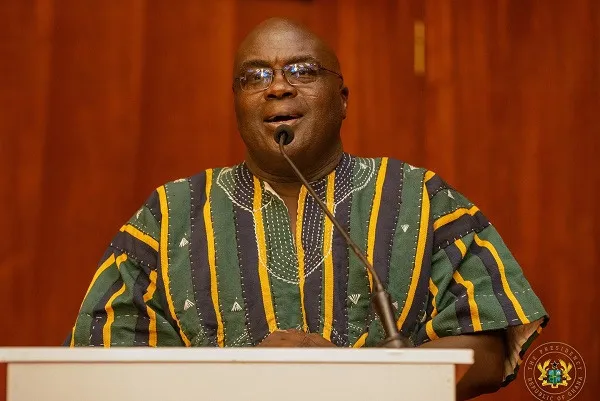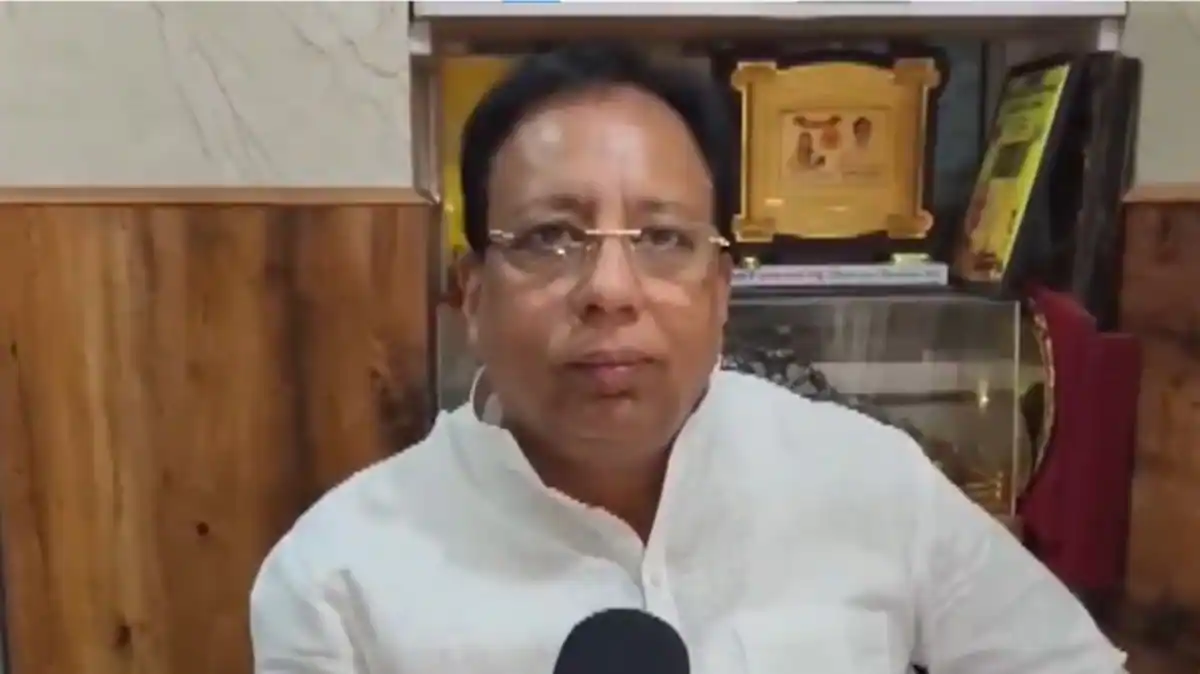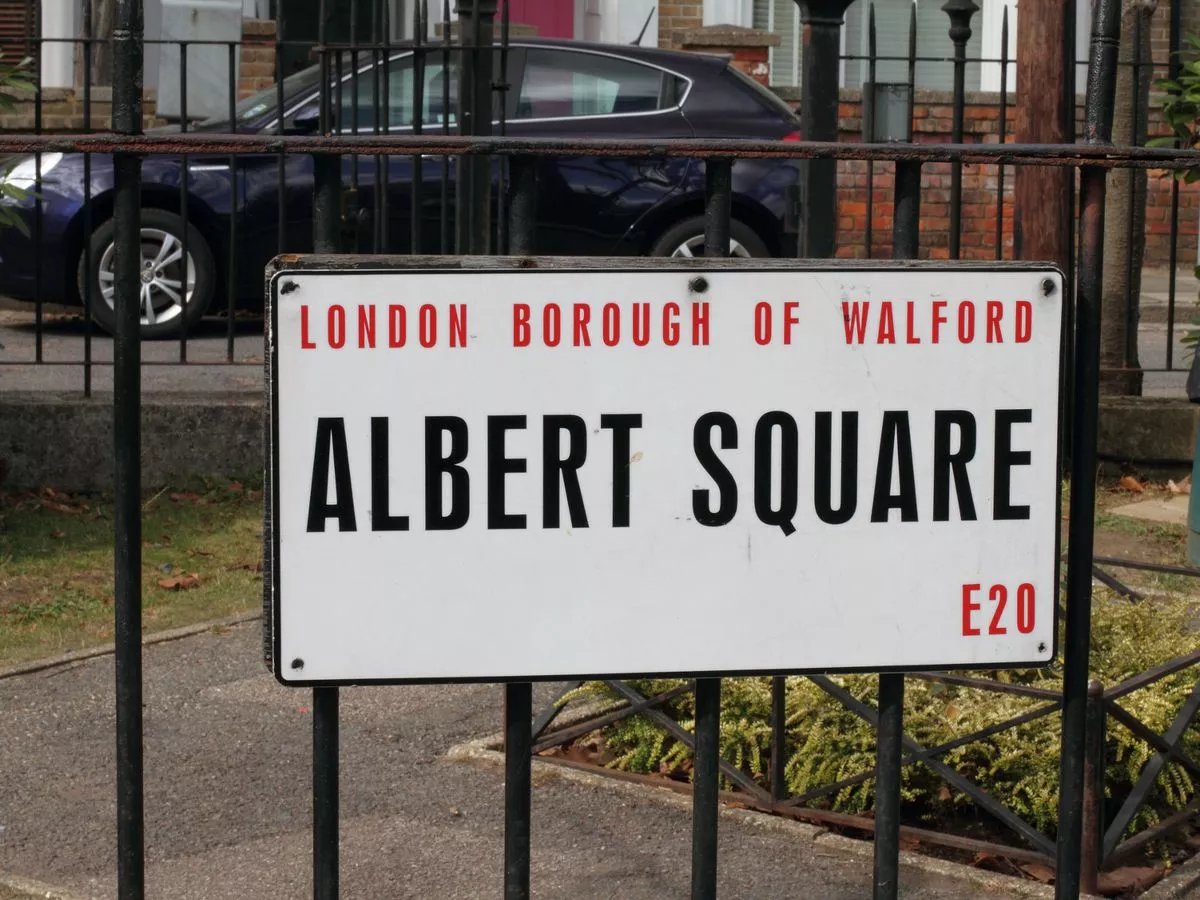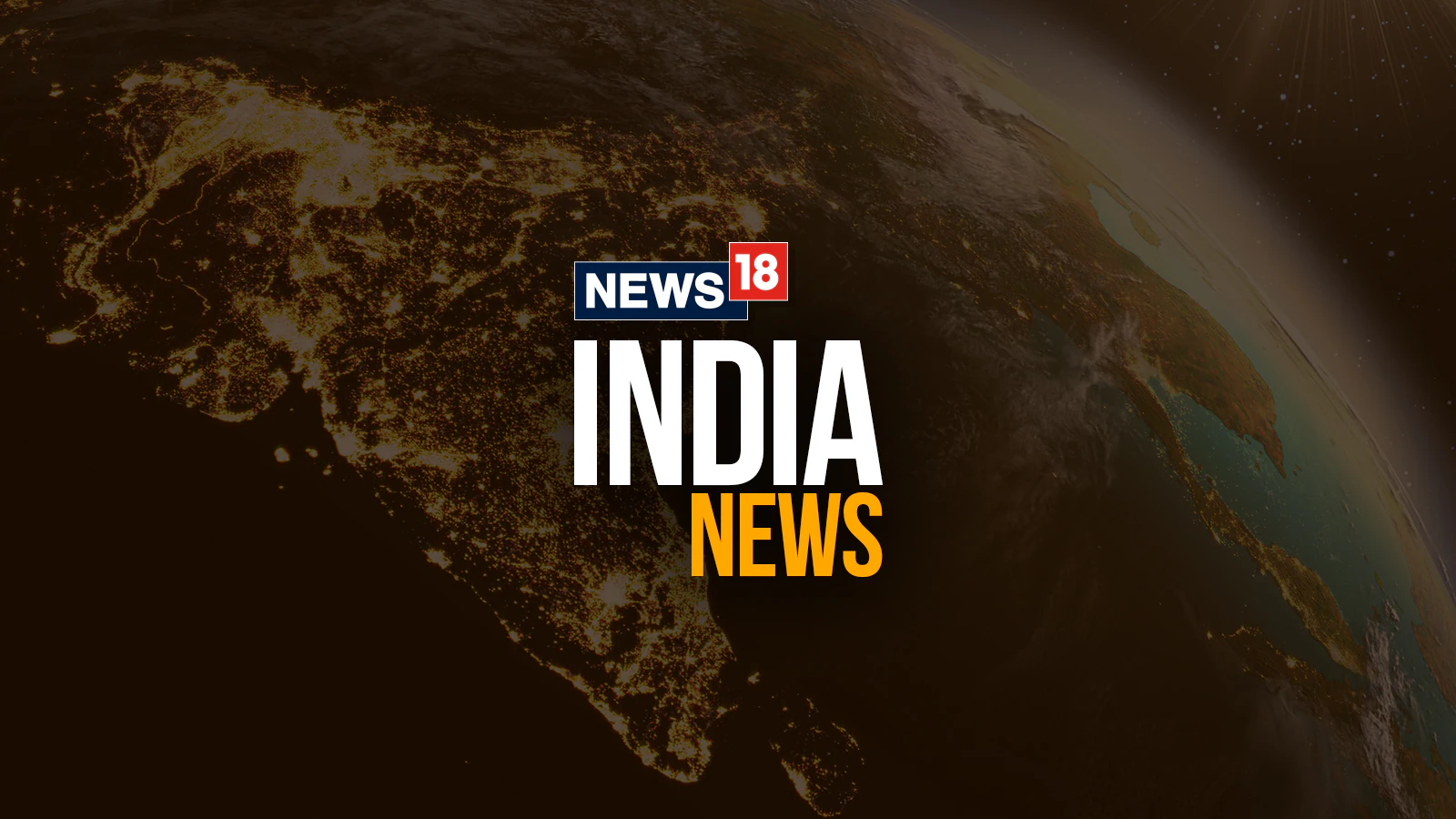Copyright gbcghanaonline

By Savannah Pokuaah Duah The Chief of Staff, Julius Debrah, has reaffirmed the government’s commitment to building a resilient and inclusive health system, vowing to eliminate illegal health charges that continue to frustrate citizens under the National Health Insurance Scheme (NHIS). Mr. Debrah, who represented Vice President Dr. Jane Naana Opoku-Agyemang, made the remarks at the stakeholder conference, organized by the National Health Insurance Authority (NHIA) at Alisa Hotel. He commended the NHIA and its Governing Board, led by Dr. Victor for spearheading strategic partnerships to strengthen Ghana’s health insurance system. “This agency is consolidating strategic partnerships for a resilient and inclusive health insurance scheme. It’s not only timely; it’s essential,” he said. Mr. Debrah highlighted that the government’s health vision, as captured in the 2024 manifesto, aims to overhaul the NHIS through key reforms including the Ghana Med-Trust Care (NHIS Medicard) and the introduction of free primary healthcare. “Ten months into our administration, I’m pleased to report that we’ve already increased the National Health Insurance levy, which will make available an extra 3.4 billion cedis into the fund this year,” he disclosed. “This will go a long way to support claims payments and administrative functions.” He announced that ₵2.8 billion has already been disbursed to healthcare providers, saying the prompt release of funds has restored provider confidence and boosted public trust in the NHIS. “The timely injection of funds is increasing provider confidence, encouraging compliance, and driving enrollment growth,” he added. However, the Chief of Staff condemned the persistent imposition of unauthorized or illegal charges—commonly known as “out-of-pocket payments”—by some healthcare facilities, warning that government will not tolerate the practice. “These illegal charges, often demanded at the point of need, undermine the very purpose of the scheme. They erode public trust, deepen inequality, and place an undue burden on the poor and vulnerable,” Mr. Debrah said. He expressed support for the NHIA’s zero-tolerance campaign and the formation of a national task force to investigate and end the practice. “There is no doubt that the NHIS is committed to ensuring that providers are reimbursed fairly and that these practices are addressed by the end of this conference,” he added. Mr. Debrah also praised the Authority’s digitization efforts, including the introduction of biometric membership authentication at healthcare facilities, describing them as “a reflection of accountability, efficiency, and operational effectiveness.” He called for intensified public education on the benefits of the NHIS to help eliminate misconceptions and boost enrollment. “Let us galvanize our efforts into communities, schools, churches, bus stations, markets, and public parks to educate Ghanaians about the scheme’s benefits,” he urged. “Public awareness is our best defense against exploitation.” The Chief of Staff further announced that government will soon roll out two major initiatives—the Ghana Medicard and the Primary Care Program—to strengthen disease prevention, early detection, and timely treatment. “This program will strengthen the foundations of our health system by focusing on disease prevention, early detection, and timely treatment,” he stated. “It aims to reduce out-of-pocket spending.” Mr. Debrah’s remarks reinforce the administration’s pledge to achieve Universal Health Coverage (UHC) by 2030, anchored on innovation, inclusiveness, and financial protection for all citizens.



